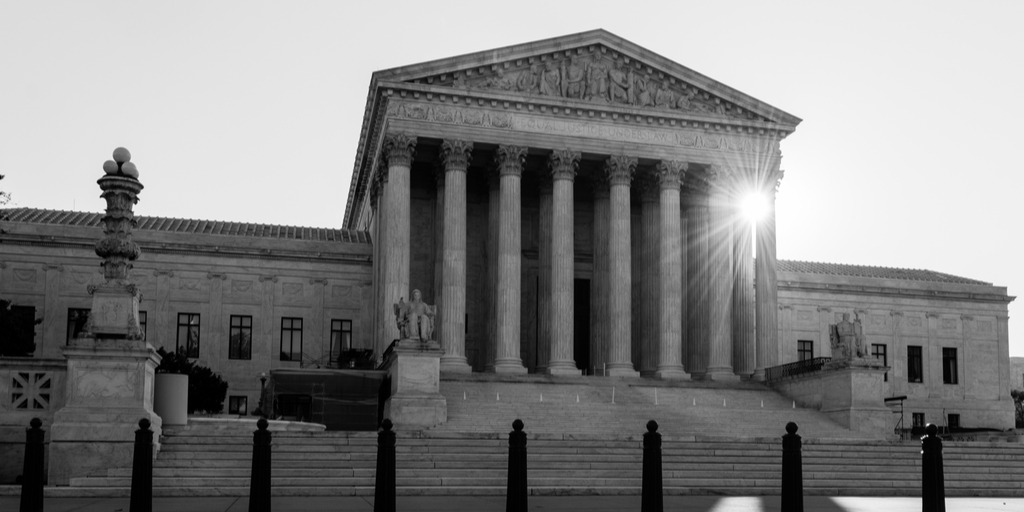

SCOTUS Holds That Employer's Title VII Administrative Exhaustion Defense is Waived if Not Timely Raised

The Supreme Court’s recent decision in Fort Bend County, Texas v. Davis, __ U.S. __ (June 3, 2019) serves as a reminder to employers and their attorneys of the importance of timely asserting all available legal defenses to a discrimination complaint at the earliest possible moment or risk losing those defenses forever. The employer in Davis learned that lesson the hard way.
In Davis, an employee filed a charge with the Equal Employment Opportunity Commission (EEOC) alleging that her employer discriminated against her because of her sex and retaliated against her for reporting sexual harassment. While her charge was pending, the employee asked to be excused from work on a Sunday to attend church. The employer denied her request then fired her after she did not report to work. The employee tried to supplement her charge by handwriting the word “religion” and checking boxes labeled “discharge” and “reasonable accommodation” on an intake questionnaire (a standard form that employees generally submit to the EEOC prior to completing a formal charge). She did not, however, supplement her formal charge. Three months later, she was issued a right-to-sue letter. She then filed a federal lawsuit against her employer, asserting claims under Title VII of the Civil Rights Act of 1964 for discrimination on the basis of religion and retaliation for reporting sexual harassment.
Following the close of discovery, the employer moved for summary judgment. The federal district court granted the employer’s motion and dismissed all of the employee’s claims. After the employee appealed, the Fifth Circuit Court of Appeals affirmed the dismissal of the retaliation claim, but reversed the dismissal of the religious discrimination claim. Upon remand to the district court, the employer filed a motion to dismiss, asserting, for the first time, that the court lacked jurisdiction over the employee’s religious discrimination claim because she failed to include it in her EEOC charge. The district court granted the employer’s motion, holding that the administrative exhaustion requirement was jurisdictional and that, accordingly, it did not have the authority to hear the employee’s case. Furthermore, because jurisdiction is non-waivable, the Court determined that it was empowered to consider the employer’s belated dismissal argument. After the employee appealed, the Fifth Circuit Court of Appeals again reversed the district court, holding that Title VII’s charge-filing requirement was not a jurisdictional requirement.
The employer appealed and the Supreme Court granted certiorari to resolve a conflict among the courts of appeal over whether Title VII’s charge-filing requirement is a jurisdictional requirement. More specifically, the First, Second, Third, Fifth, Sixth, Seventh, Eighth, Ninth and D.C. Circuits had held that the failure of a Title VII plaintiff to exhaust administrative remedies raises no jurisdictional bar to the claim proceeding in federal court while the Fourth and Tenth Circuits had held to the contrary.
The Supreme Court ultimately affirmed the decision of the appellate court, holding in a unanimous decision that Title VII’s administrative exhaustion requirement, although mandatory, is a non-jurisdictional claim-processing rule rather than a jurisdictional requirement. Accordingly, the employer’s failure to promptly raise its administrative exhaustion claim amounted to a waiver of that argument.
After Davis, employers and their counsel are on notice that failure to timely assert a failure-to-exhaust defense by way of a pre-answer motion to dismiss or via affirmative defenses filed with an answer to a complaint will result in waiver. If an employer learns of any legal defense during the course of litigation – including failure to exhaust – it should promptly assert it as soon as possible thereafter or risk losing the defense for good. And, although Davis is a Title VII case, its holding is likely to apply with equal force to other federal civil rights laws, such as the Age Discrimination in Employment Act (ADEA) and the Americans with Disabilities Act (ADA).

